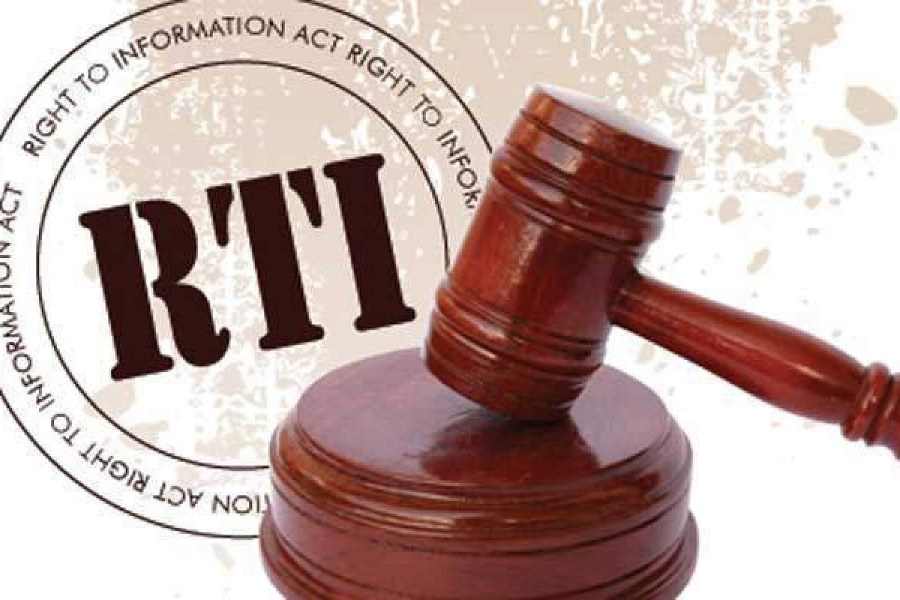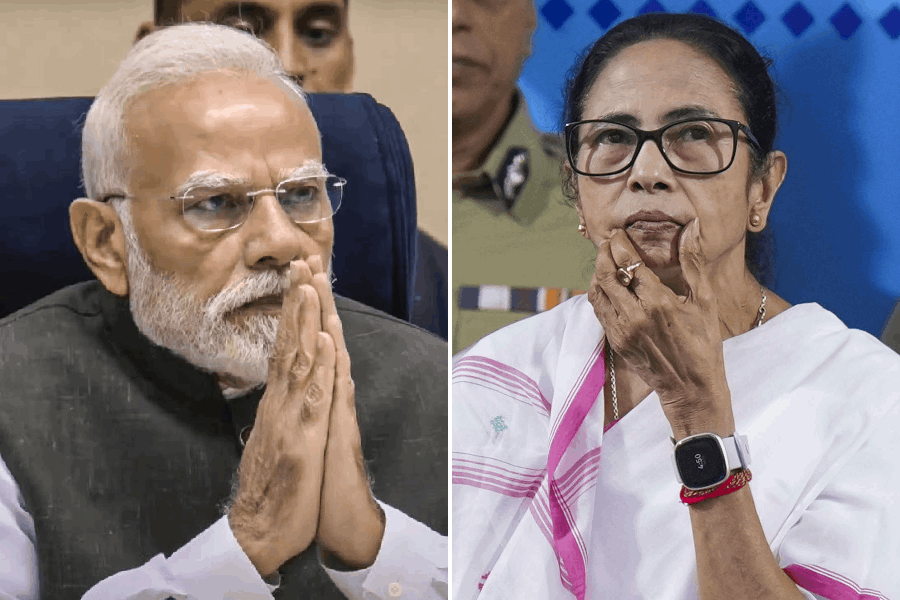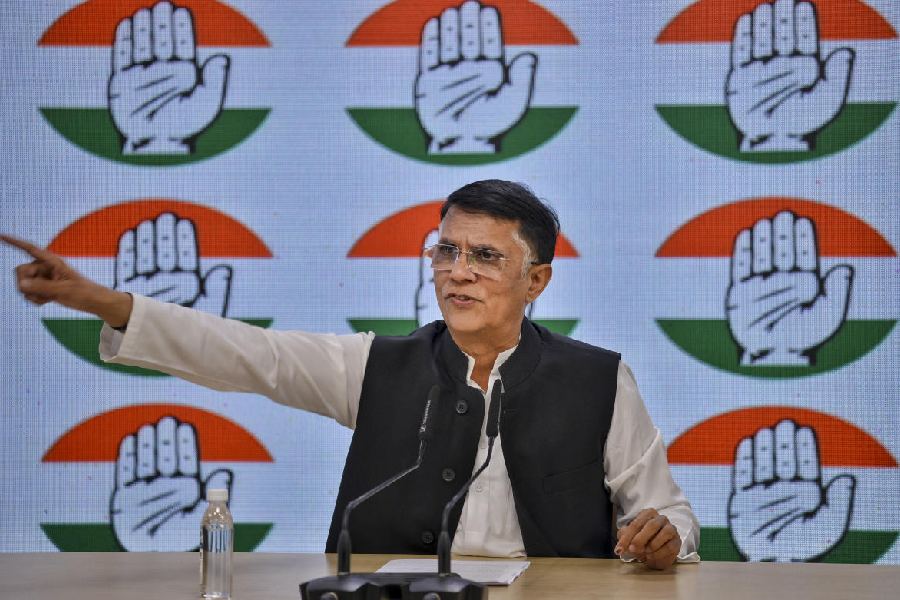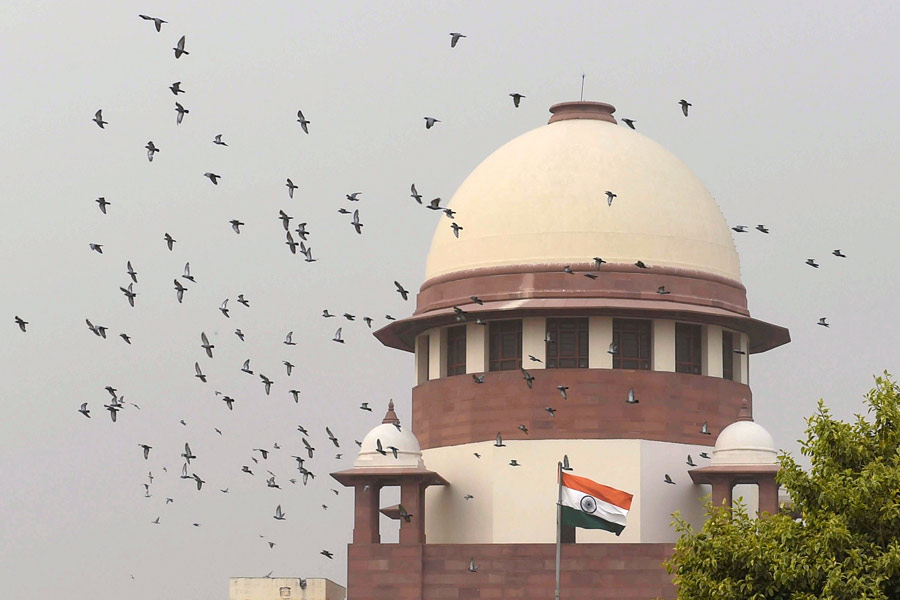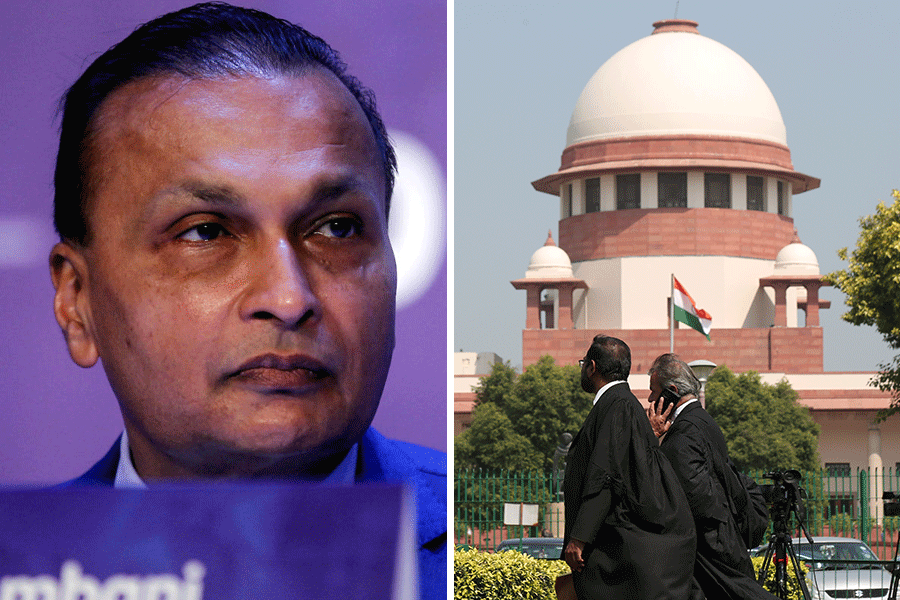Over 130 Members of Parliament from the INDIA bloc have signed a joint memorandum demanding the repeal of Section 44(3) of the Digital Personal Data Protection (DPDP) Act, 2023, accusing the government of eroding the Right to Information (RTI) law in the name of protecting privacy.
At a joint press conference on Thursday, Opposition leaders including Congress MP Gaurav Gogoi and DMK’s M M Abdulla argued that Section 44(3) effectively undermines key provisions of the RTI Act, making it harder for citizens and journalists to access information that is in public interest.
“We’ve studied the DPDP Act closely and found that its recent amendments pose a serious threat to citizens’ rights and press freedom,” said Gogoi, who added that the law had been passed in Parliament last year while a no-confidence motion was underway over the Manipur crisis.
The contentious clause, Section 44(3), overrides the RTI Act’s Section 8(1)(j), which previously allowed disclosure of personal information if it served a larger public interest. Under the DPDP Act, this safeguard has been removed, enabling government departments to reject requests simply by citing personal data — even when public interest is at stake.
“Tomorrow, if someone seeks details of a collapsed bridge’s contractor in Bihar, they can be denied. This isn’t about privacy — it’s about hiding information,” Gogoi said.
He also pointed out that the final version of the law deviated significantly from the recommendations made by the Joint Parliamentary Committee (JPC) that had examined earlier drafts of the Bill. “They brought in last-minute amendments that fundamentally changed the spirit of the JPC’s report,” he said.
The DPDP Act received Presidential assent in August 2023 but is yet to be notified, with consultations ongoing over its rules.
Several other Opposition leaders echoed Gogoi’s concerns. Shiv Sena (UBT)’s Priyanka Chaturvedi called it an attack on the freedom of the press. “You’re taking the RTI down a road to ignorance,” she said. “The original DPDP Bill of 2019 and the 2021 JPC draft didn’t have these problematic provisions. The 2023 version is what aims to make RTI toothless.”
CPI-M’s John Brittas described the move as a “death knell for RTI” and warned of long-term consequences for transparency and accountability in governance. “At one stroke, they’ve demolished a landmark law,” he said.
SP’s Javed Ali Khan said the INDIA bloc was currently appealing to the government, but warned that other options could be explored if necessary.
The petition, which has been signed by MPs across parties including Congress, DMK, Shiv Sena (UBT), CPI-M, SP, and RJD, states that the DPDP Act’s changes will have a “detrimental impact on citizens’ fundamental right to information.” It further argues that laws protecting privacy must “complement the RTI Act and in no way dilute or undermine it.”
Highlighting the growing concerns, RTI activist Anjali Bharadwaj wrote on X:
*“130+ MPs of the INDIA alliance have written to MeitY Minister, Vaishnaw, to repeal Section 44(3) of the DPDP Act, which amends and severely weakens the RTI law. Hope the govt will take necessary steps to make sure that people’s right to information is not decimated. #SaveRTI”*
While Union IT Minister Ashwini Vaishnaw has dismissed the Opposition’s concerns, insisting that the DPDP Act does not interfere with information legally mandated to be disclosed under welfare and governance laws, civil society activists and MPs remain unconvinced.
“The government says it protects privacy. But in reality, it protects itself — from scrutiny,” said Gogoi.
(With inputs from PTI)

